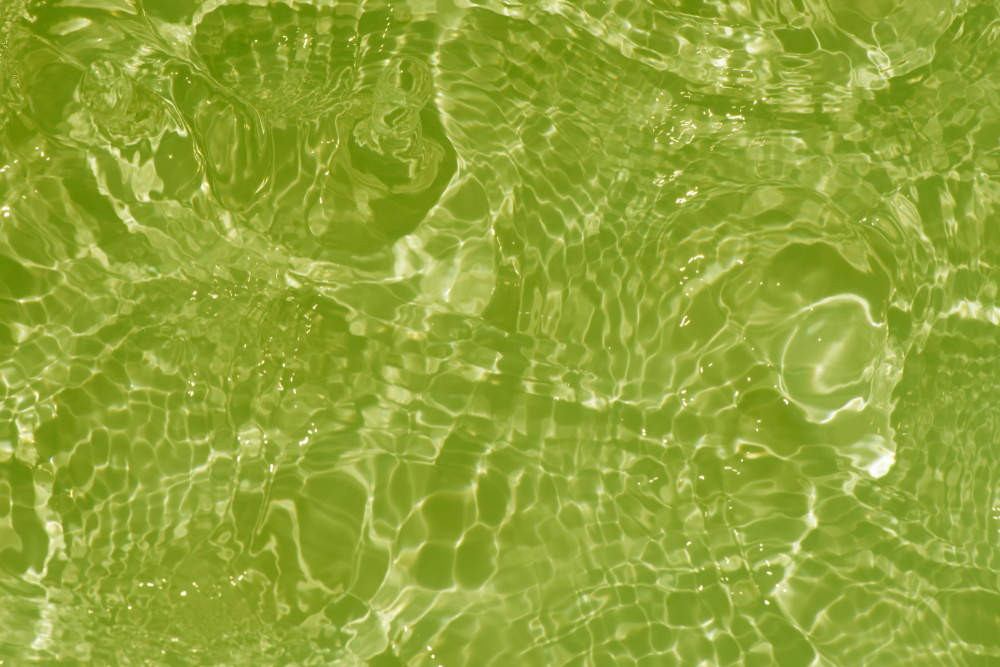
Owning a swimming pool in New Smyrna Beach, FL, is a quintessential part of living in the Sunshine State. However, maintaining a pool can sometimes feel like an uphill battle, especially when it comes to preventing algae growth. Algae can turn your crystal-clear water into a murky mess, making your pool a less inviting place to relax and entertain. Luckily, with the right renovations and maintenance strategies, you can keep algae at bay and ensure your pool remains a pristine oasis.
Understanding Algae in Swimming Pools
Before jumping into renovation strategies, it's important to understand what causes algae growth in swimming pools. Algae are simple plants that thrive in warm, nutrient-rich water. Several factors contribute to algae blooms, including:
- Imbalance in Water Chemistry: Insufficient chlorine levels, low pH, and alkalinity can create an ideal environment for algae.
- Inadequate Filtration and Circulation: Poor water circulation and filtration allow organic debris to accumulate, which algae feed on.
- Direct Sunlight: Algae thrive in sunlight, and without adequate shading or pool covers, they can quickly multiply.
- Warm Temperatures: Florida's warm climate provides ideal conditions for algae growth.
Armed with this understanding, let's explore the renovations that can help prevent algae in your swimming pool.
Renovations to Prevent Algae Growth
1. Upgrade Your Pool Filtration System
Your pool's filtration system is your first line of defense against algae. Many older pools in New Smyrna Beach, FL, still rely on outdated filtration systems that may not effectively remove debris and organic matter. Consider upgrading to a high-performance filter, such as a sand, cartridge, or diatomaceous earth (DE) filter. These filters are more efficient at trapping small particles that can fuel algae growth.
- Sand Filters are easy to maintain and effective for most residential pools.
- Cartridge Filters provide excellent filtration with minimal maintenance and are ideal for smaller spaces.
- DE Filters offer the finest filtration, capturing even the smallest particles, but require more maintenance.
2. Install a Variable-Speed Pool Pump
A variable-speed pool pump optimizes water circulation by allowing you to adjust the flow rate based on your pool's needs. Proper circulation prevents stagnant areas where algae can thrive. Unlike single-speed pumps, variable-speed pumps are energy-efficient and can save you money on electricity bills.
3. Resurface the Pool
Over time, pool surfaces can become rough and pitted, creating hiding spots for algae. Resurfacing your pool not only enhances its aesthetic appeal but also provides a smooth, algae-resistant surface. Options for resurfacing include:
- Plaster is affordable and offers a classic look, but may require more frequent maintenance.
- Pebble Tec is a durable and visually appealing option, with excellent resistance to algae.
- Quartz combines durability with a smooth finish, reducing algae adherence.
4. Add Pool Shading
While sunshine is a key reason many choose to live in Florida, excessive sunlight can encourage algae growth. Installing pool shading, such as retractable awnings or pergolas, can reduce direct sunlight exposure and inhibit algae proliferation. Additionally, shading creates a comfortable environment for swimmers.
5. Incorporate an Automatic Pool Cover
Automatic pool covers offer multiple benefits, including algae prevention. By covering your pool when not in use, you limit sunlight exposure and reduce debris accumulation. This simple addition can significantly reduce the chemical load required to keep your pool algae-free.
6. Install a Saltwater Chlorination System
Switching to a saltwater chlorination system can provide consistent levels of chlorine, reducing the risk of algae growth. Unlike traditional chlorine, saltwater systems generate chlorine through electrolysis, ensuring a steady supply and minimizing fluctuations in water chemistry.
7. Implement UV or Ozone Systems
UV or ozone systems can serve as a secondary sanitation method to chlorine, targeting and neutralizing algae spores. These systems are environmentally friendly and can reduce the overall need for chemical treatments.
Regular Maintenance Practices
Even with these renovations, regular maintenance is crucial to preventing algae in your swimming pool. Here are some best practices to incorporate:
- Maintain Proper Water Chemistry: Regularly test and balance your pool's pH, alkalinity, and chlorine levels.
- Skim and Clean Regularly: Remove debris from the water's surface and clean pool walls and floors to prevent organic buildup.
- Run the Pump Daily: Circulate water daily to prevent stagnation and ensure proper filtration.
- Shock the Pool: Perform routine shock treatments, especially after heavy pool usage or rainstorms.
Conclusion
By investing in these pool renovations and adhering to regular maintenance practices, you can enjoy a refreshing, algae-free swimming pool year-round. Ready to start your pool renovation project? Contact All Phase Pool Remodeling today for professional pool renovation in New Smyrna Beach, FL. Our experts are here to provide free estimates and transform your backyard into a pristine oasis.